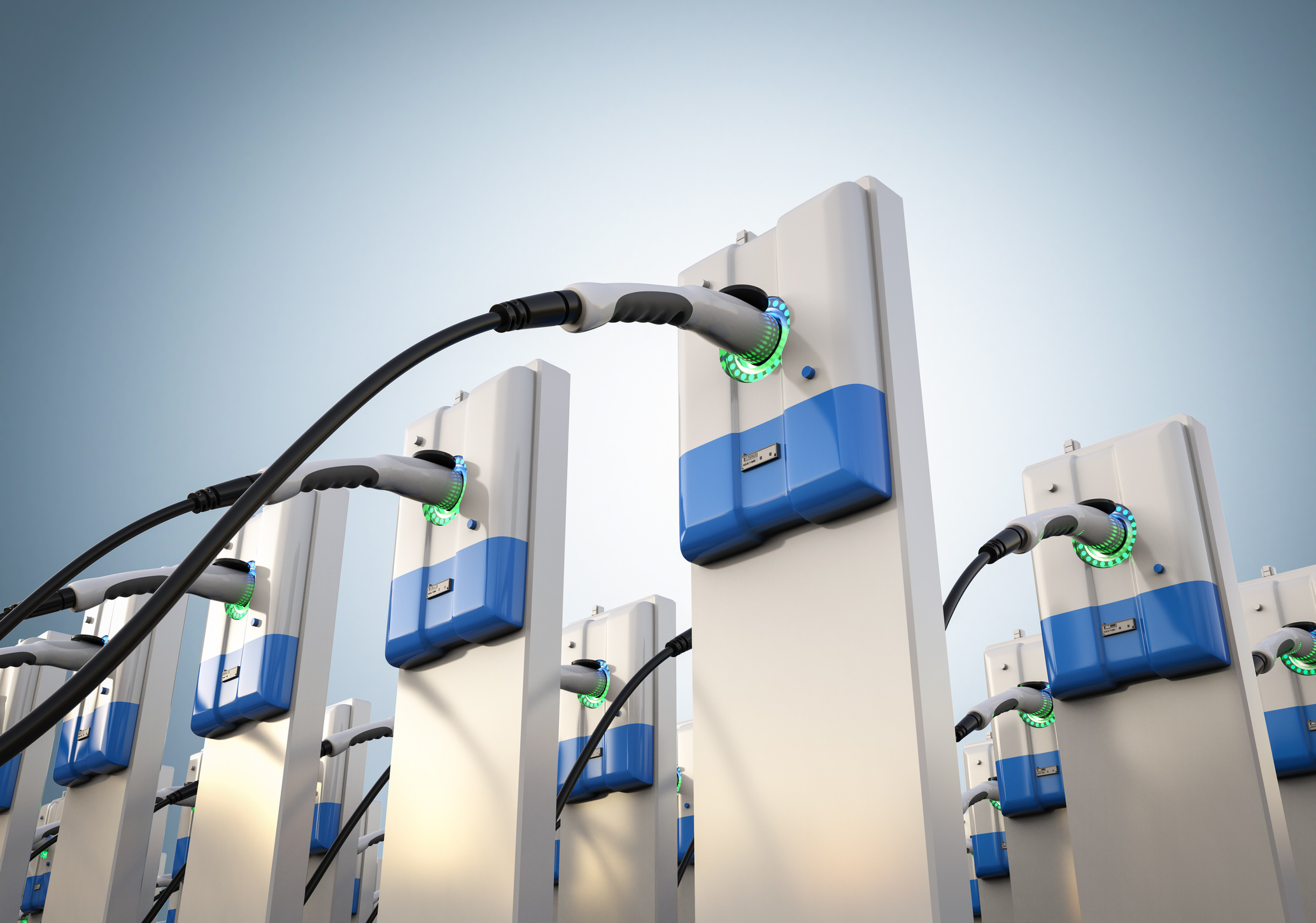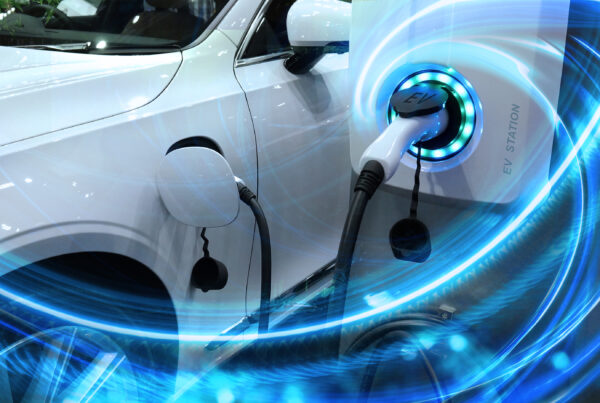This decade is a pivotal one for the transition to zero emission vehicles, with almost three quarters of Australian Corporate Fleets agreeing electric vehicles will be mainstream in their fleets by 2030. This is despite just one in six actively using any as of today. Looking to the future, fleets are clearly intending to accelerate the electrification of their fleet, with one in three expecting to purchase battery electric vehicles in the next 12 months, rising to more than half in the following year.
Importantly, most fleets are not just considering the purchase of electric vehicles, but are also looking at other factors required to support the transition more holistically. These will typically serve to integrate electric vehicles into a broader, company-wide set of sustainability or emission reduction objectives, and could include elements such as:
- Identifying the charging infrastructure needs for their fleet
- Establishing a budgeting process to track EV costs
- Conducting feasibility studies to understand which vehicles are economic to electrify
- Installing charging infrastructure at company premises
- Considering different charging payment solutions
Fleets are going to be at the forefront of this change in 2022 and beyond. While consumers are still questioning the absolute cost of electric vehicles, fleets can see the value in terms of Total Cost of Ownership, and are keen to reduce the environmental footprint of their fleet operations. It will however be important for them to consider the optimal solution for their unique needs and use cases, encompassing ownership models (i.e. leasing vs. purchasing), infrastructure requirements, and the underlying strategy and policies they need to put in place.
AfMA and ACA Research have again partnered together to deliver this important program of work, which follows on from previous editions in 2018 and 2020. To find out more, visit https://automotiveinsights.com.au/collections/fleet, or contact Ben Selwyn at bselwyn@acaresearch.com.au


















